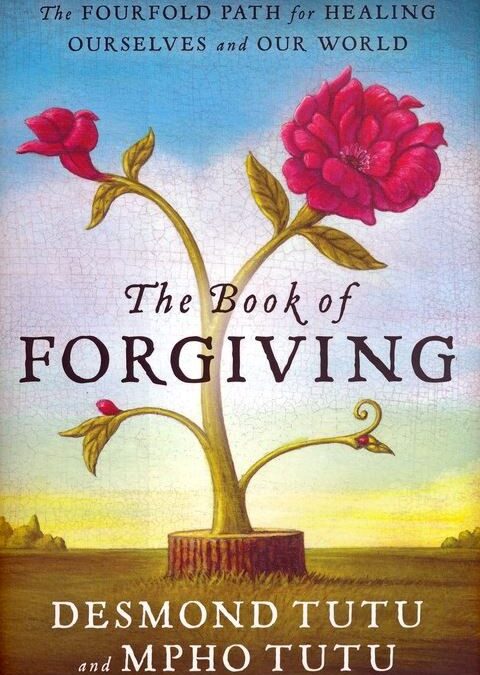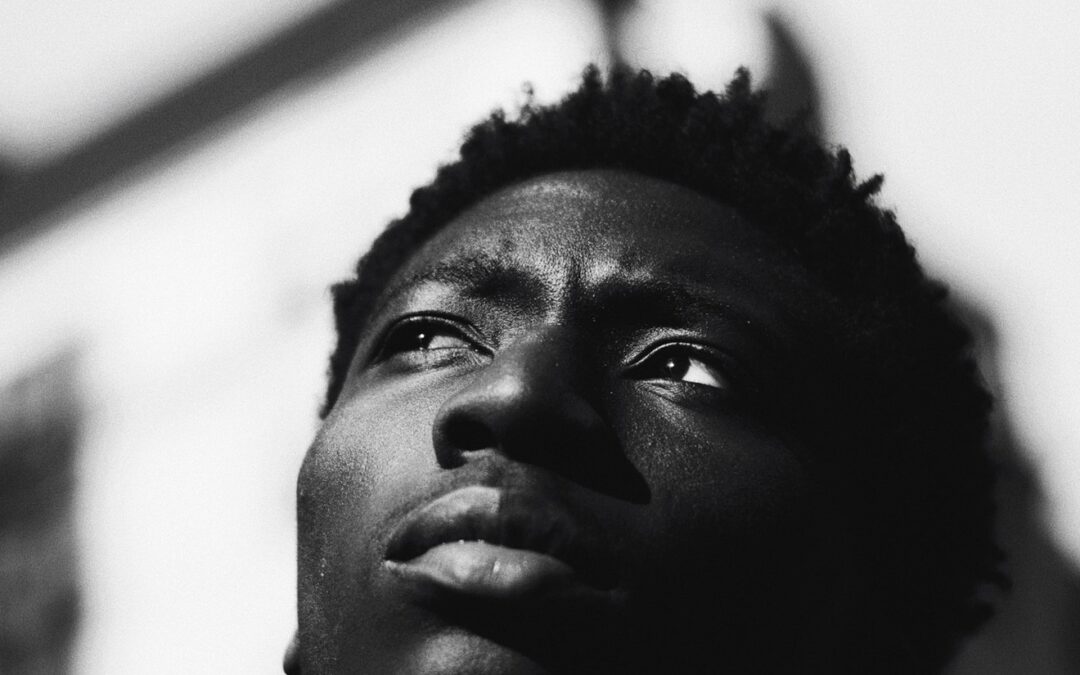A recent weekend was rich in experiences that reminded me of another element of love – courage. Last week’s post reflected on the many ways that we can look back at a person’s life when they die and see all the love that was present. I shared about the life of Rudi Rudran and all the good that came from his life of service. In his story and for many others, the daily acts of loving require courage fueled by faith of some kind.










 Tom Adams writes and speaks on topics vital to the intersection of our personal lives with our community and global lives. He has for decades been engaged in and written about nonprofit leadership and transitions, spirituality and spiritual growth, how we each contribute to a more just and equitable world and recovery from addictions and the Twelve Step recovery movement.
Tom Adams writes and speaks on topics vital to the intersection of our personal lives with our community and global lives. He has for decades been engaged in and written about nonprofit leadership and transitions, spirituality and spiritual growth, how we each contribute to a more just and equitable world and recovery from addictions and the Twelve Step recovery movement.